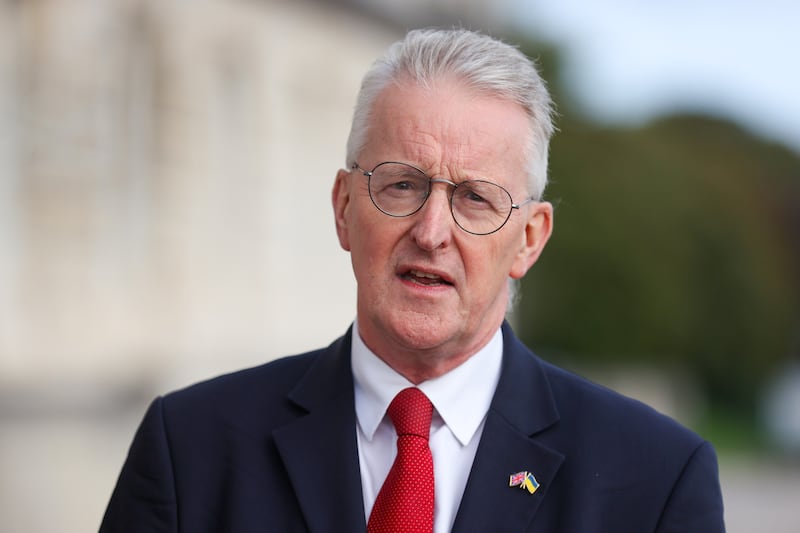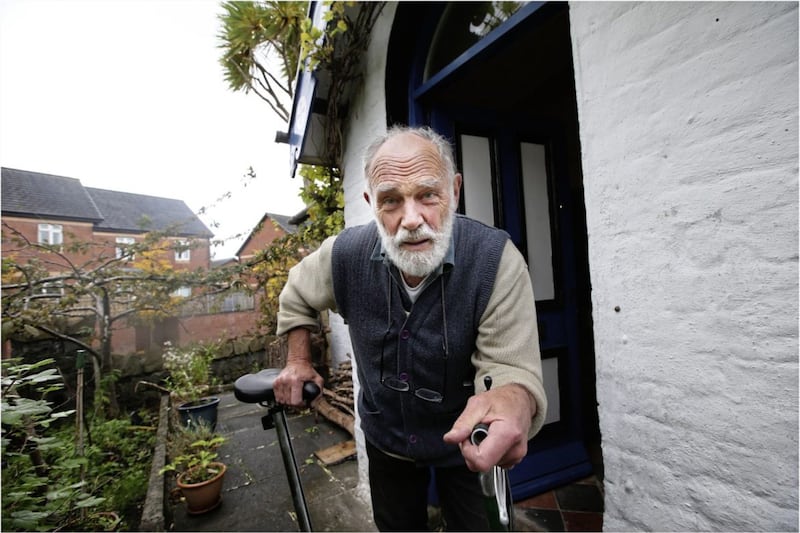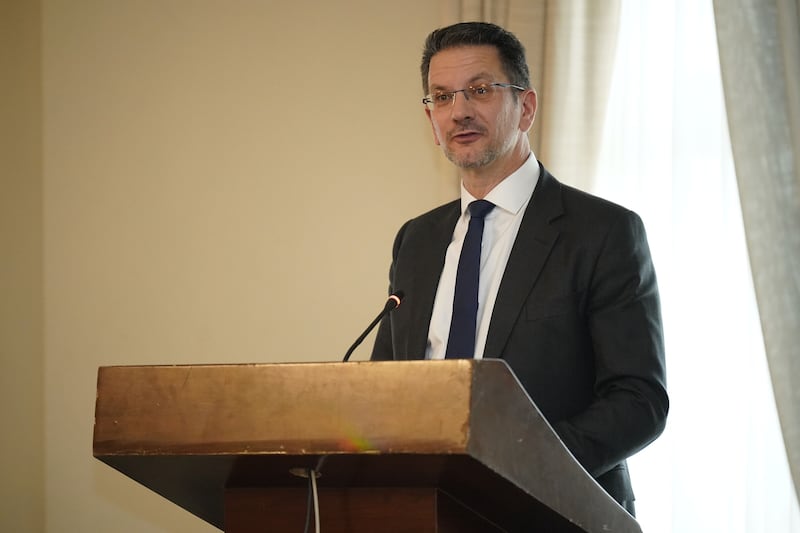Wherever that potent mix of falsehood, skulduggery and rose-tinted jingoism which inflicted Brexit upon us has brought us, it isn't to the sunlit uplands promised by Boris Johnson and his fellow magical thinkers, among them the DUP.
Instead, 'Brexit Britain' finds itself gloomy and isolated. The majority of the north's voters in the 2016 referendum were never persuaded by the Brexit fantasy, and expressed a clear wish to remain in the European Union.
Johnson – as had been widely predicted – dropped the DUP, leaving them entangled in their hubris and a huff over the NI Protocol and Windsor Framework that has, to their utter shame, left us without a power-sharing administration, however dysfunctional it was.
Read more:
Brian Feeney: Arlene Foster's Ladybird view of Brexit, the EU and the Republic needs challenged
The Irish News view: United Ireland boost – but caution needed to avoid mistakes of Brexit
Patricia Mac Bride: Would we be better off in a united Ireland?
The Stormont boycott is undoubtedly causing serious harm to our public services and deepening doubts over the long-term stability of our political structures.
Brexit's twin overlapping legacies in the north are the existential doubts sown in the minds of many unionists about 'Northern Ireland's place in the union' and the turbo-charging of the Irish unity debate.
In a reflection of the accelerating pace of conversations on constitutional change, SDLP leader Colum Eastwood, in an interview with this newspaper, has refined his party's position by for the first time specifying a timeframe for a border poll.
Mr Eastwood says he would support a referendum in 2030 'if the conditions are right'. He acknowledges that although there is clear evidence of growing support for unity, there is still an enormous amount of work to be done to win any future vote.
Key to this, he argues, is the re-establishment of the Irish government's New Ireland Forum as a place "to discuss how a new Ireland would look and how we convince people of it".
In a further indication of how the unity debate has moved firmly into the political mainstream, Taoiseach Leo Varadkar last week repeated his view that there will be a united Ireland in his lifetime.
Both the 44-year-old Fine Gael leader and Mr Eastwood make the vital observation that British and unionist traditions must be accommodated and respected.
Mr Varadkar – a bogeyman figure for some of the more paranoid sections of unionism – came in for criticism from the DUP for his 'republican' remarks.
But as Mr Eastwood points out, unionists might be better thinking about how to sell "the benefits of the UK rather than deriding people for even daring to talk about a united Ireland".
If the litany of woes attributed to the Brexit championed by the DUP continues to lengthen, any benefits will only become less obvious – and the unity case more compelling.









